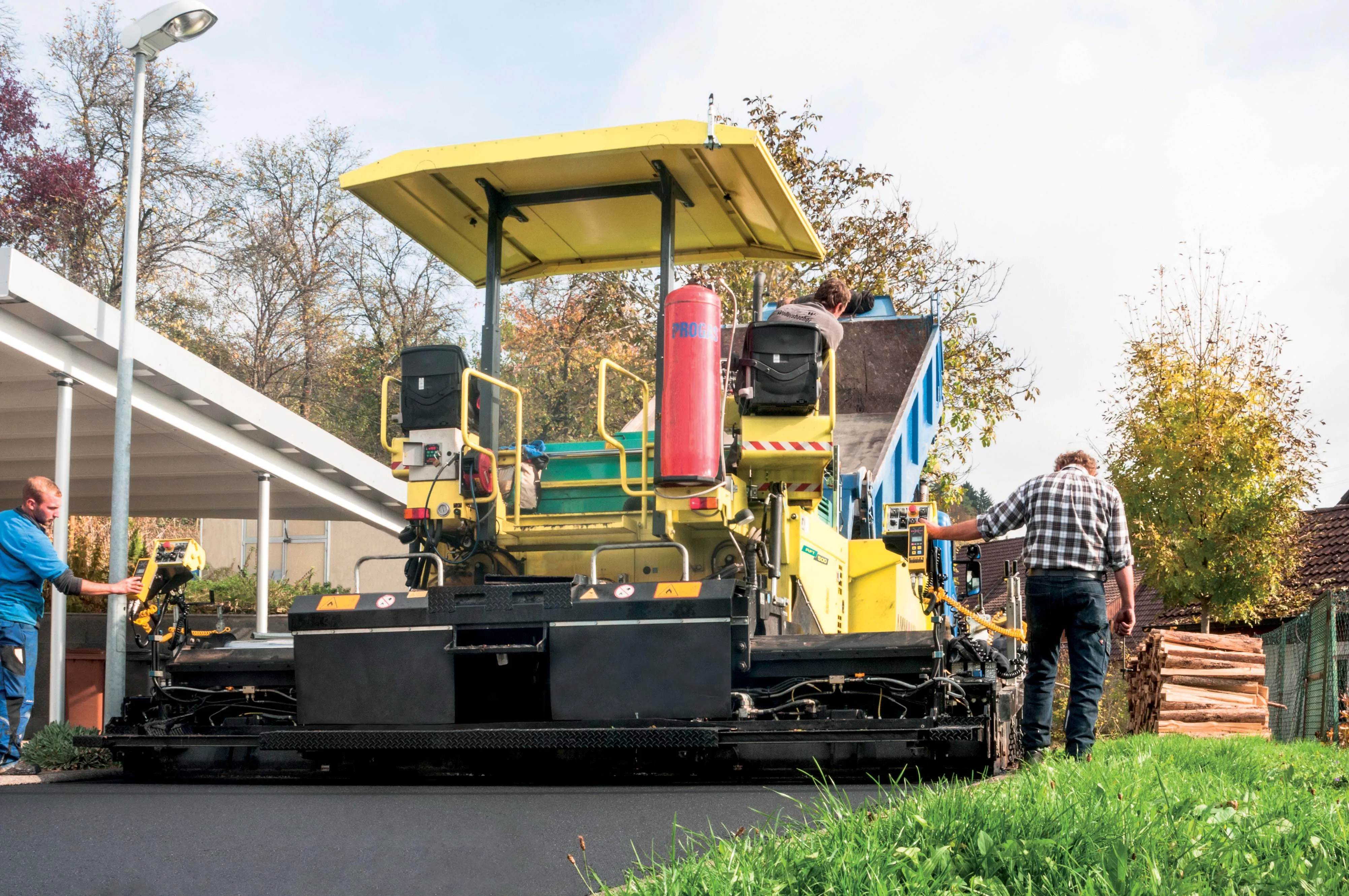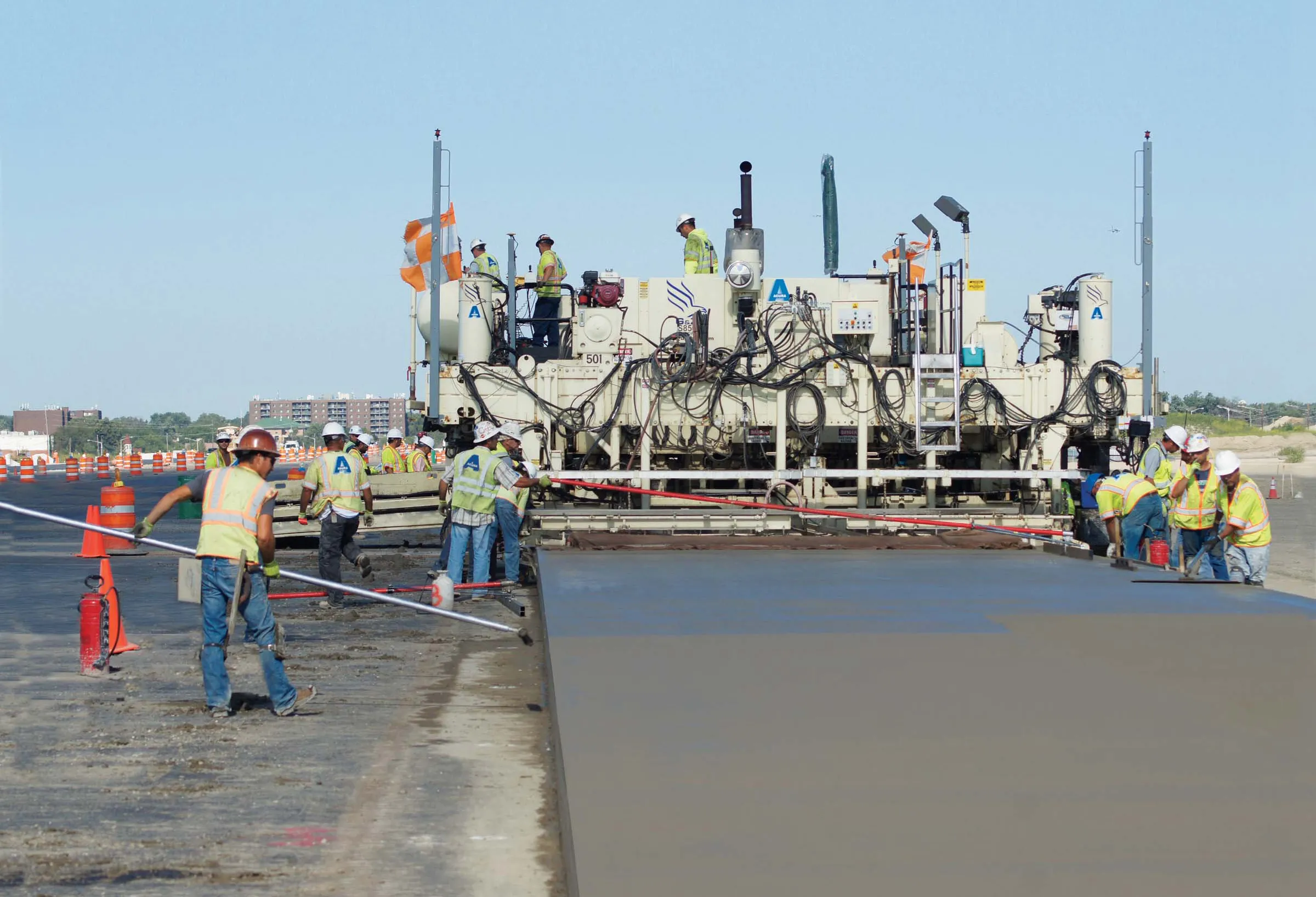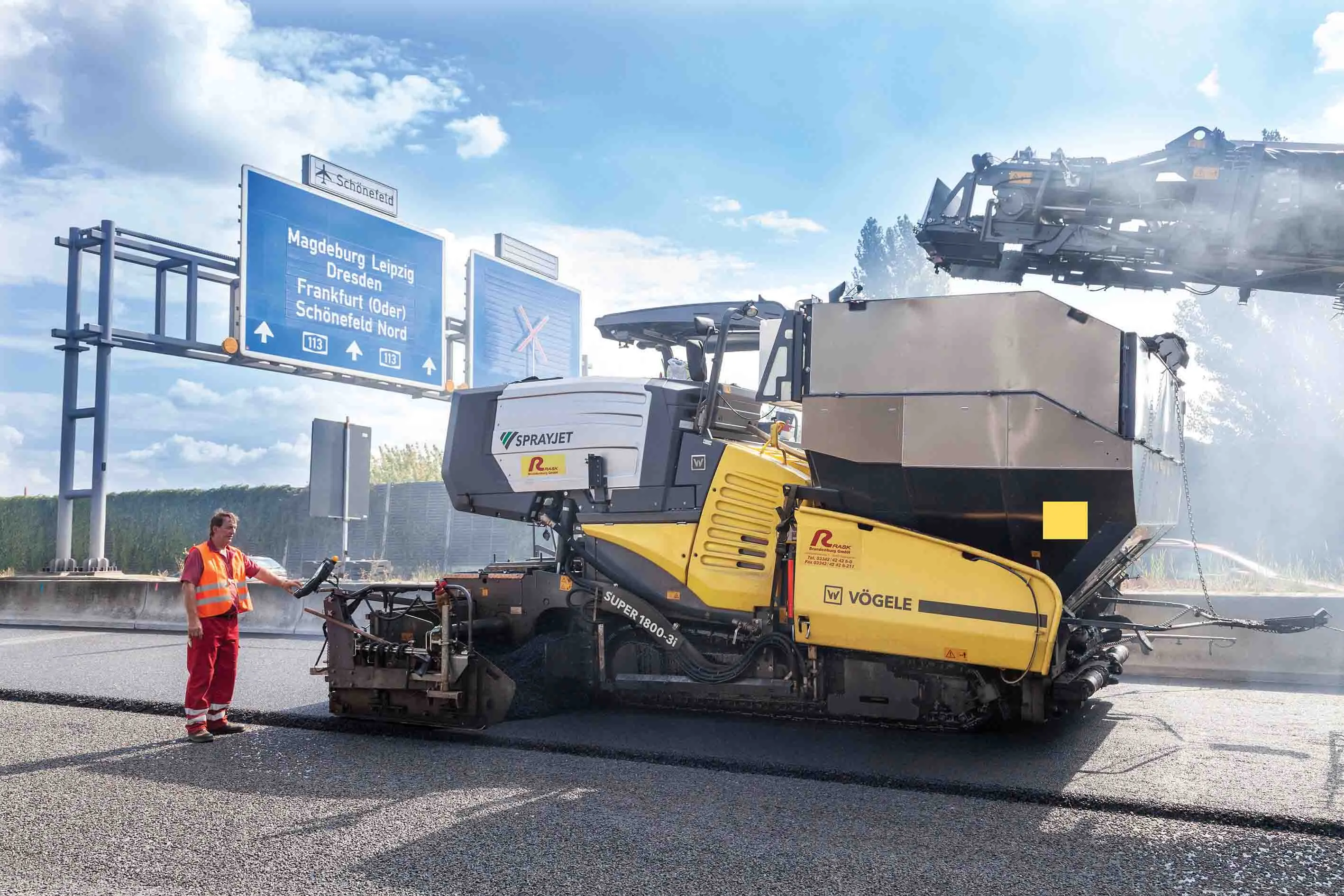More than 500 million people worldwide watched the first Formula 1 motor race in India's history. The drivers were thrilled by the new asphalt circuit with its numerous bends and the peripheral area around the new race track at Greater Noida near the capital New Delhi, which were built by machinery from German company Vögele (a member of the Wirtgen Group).
May 14, 2012
Read time: 1 min
More than 500 million people worldwide watched the first Formula 1 motor race in India's history.
The drivers were thrilled by the new asphalt circuit with its numerous bends and the peripheral area around the new race track at Greater Noida near the capital New Delhi, which were built by machinery from German company1194 Vögele (a member of the 364 Wirtgen Group).
Working with four Super 1800-2 pavers, the Vögele team helped construct the Buddh International Circuit. And the result of the first race on 30 October, 2011 saw the German Formula 1 world champion Sebastian Vettel breaking the first course record with a lap time of 1.27 minutes.
A demanding 5.1km circuit with 16 bends, a road varying between 18m-25m in width, superelevations up to 12% and gradients up to 10%, distinguishes this newcomer to the Formula 1 racing calendar, and demands considerable driving skill, offering optimum conditions for breathtaking overtaking manoeuvres. Full story next issue.
The drivers were thrilled by the new asphalt circuit with its numerous bends and the peripheral area around the new race track at Greater Noida near the capital New Delhi, which were built by machinery from German company
Working with four Super 1800-2 pavers, the Vögele team helped construct the Buddh International Circuit. And the result of the first race on 30 October, 2011 saw the German Formula 1 world champion Sebastian Vettel breaking the first course record with a lap time of 1.27 minutes.
A demanding 5.1km circuit with 16 bends, a road varying between 18m-25m in width, superelevations up to 12% and gradients up to 10%, distinguishes this newcomer to the Formula 1 racing calendar, and demands considerable driving skill, offering optimum conditions for breathtaking overtaking manoeuvres. Full story next issue.









